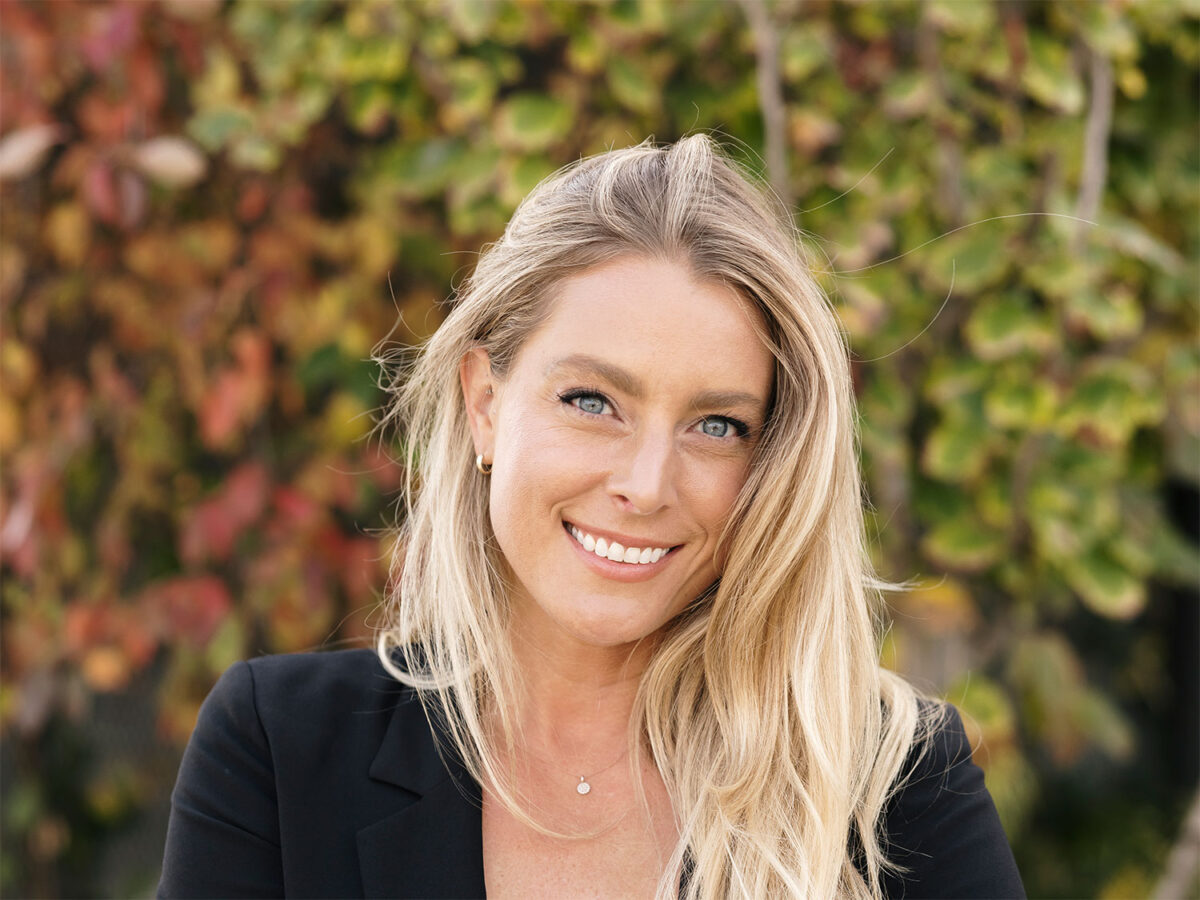Almost exactly two years ago, I wrote about our “fight or flight response.” I explained that our brains are wired to look for danger and that our prehistoric ancestors who survived were the ones who were best at spotting it. The first ones to see the saber tooth tiger and run were the most likely to survive. Those ancestors passed their genes on to us, and we can’t help but look for danger everywhere we go. When we spot it, our primitive “fight or flight” response kicks in.
Tragically, our sympathetic nervous systems, responsible for our “fight or flight” responses, are once again in overdrive. We are consuming extremely alarming news, and our bodies are secreting high levels of cortisol. Cortisol causes us to hyper-focus and makes it harder to look away. It seems that wherever you go, people are talking about the crisis in the Ukraine. It is hard to think about much else and for some it is even hard to sleep.
Our “fight or flight” response has a third biologically determined option, and that is to freeze. And that is exactly what we were told to do two years ago, and we did it remarkably well. It is only now that we are returning to our usual movement patterns, and this is a particularly tough time to be sent back into crisis mode. We call this compounded crisis, and it requires extra care to manage. Today we are watching as millions of Ukrainians and their neighbors are having to decide between fighting or fleeing.
But what do we do here in Beverly Hills? Fight, flight or freeze are the primitive solutions that don’t fit our current highly complex reality to this crisis unfolding thousands of miles away. Our brains and bodies are distressed. It is natural to be agitated, anxious, preoccupied, angry and depressed. But try not to get stuck in these emotions. Use the skills you have learned and practiced the last two years and be resilient. Activate your frontal lobe and think about how you can be part of the solution. Two years ago, I said we need to learn to stay calm even in the face of danger, and I urge you to once again follow this advice.
Don’t neglect self-care. This is a crisis like the last one that will drag on in time. We must be strong to continue to think logically and to aid those suffering in ways that are meaningful. Remember that many of us wield considerable power each in our own way. It is important to step up to the plate in this moment of history. Try not give in to compassion fatigue. Many of us have been raised on the words “Never Again.” Now is a defining moment and each of us must carefully choose how to respond.
I urge you to reflect on the list below and take actions that help you feel empowered and not hopeless in the face of continued adversity.
1. Donate. The list of organizations providing aid is long. Do your research using CharityNavigator or GuidesStar and select one or several non-profits to support. Consider making a recurring donation. It is a good time to reflect on your priorities and make sure your donations coincide with them. (For a list of reputable charities, see pg. 13).
2. Write to your elected representatives. Express your thoughts in a clear and coherent way. We are so fortunate to live in a democracy where our voices do matter.
3. Attend peaceful protests. People around the world and even inside Russia are taking to the streets to show their support of people in Ukraine and democracy in general. It is reassuring to see our county and the world so united especially following the last two years of escalated divisiveness.
4. Support local Ukrainian journalism by sending money and reading and listening to their reports.
5. Find a local organization and volunteer your services in person. Helping others activates our parasympathetic nervous system and combats stress. It is called “tend and befriend” and we see it activated after any trauma, especially natural disasters.
6. Stay informed. Get your news from reliable sources and make sure to vary them. During the pandemic, I decided to stop listening to or reading news after dark, and I am continuing to implement this practice. The images are quite disturbing, and you must find the right balance to stay informed but not overwhelm your nervous system.
7. Learn about the region and its history. In the words of Winston Churchill, “Those who do not learn history are doomed to repeat it.”
8. Consult your financial planner and make sure you and your family are protected in times of global uncertainty.
9. Decrease your consumption of fossil fuel. We all did this in 2020, and we can do it again. Consider driving an electric car if you don’t already do so.
10. Support Ukrainian people in your neighborhood. They are under particular stress. Neighboring countries such as Poland, Hungary, Moldova, Romania and Slovakia are also under extreme pressure. Reach out to friends in Beverly Hills who are from these regions and ask how you can help.
11. Avoid attacking Russians in the US. They are not at fault and should not be blamed for atrocities in their home country. We witnessed Asian hate crime increase in the US during the pandemic, and we must avoid this type of paranoia. As a recent post on Instagram stated, “The Russian grandmother who runs the restaurant in your neighborhood did not invade Ukraine.”
12. Support all your friends, family and our community. We are all feeling the pain of this crisis and again facing uncertainty about our future. Lend a helping hand to anyone in need. Remember you are helping yourself in the process.
13. Last and not least, put the oxygen mask on yourself. Work on getting enough sleep, eating properly, exercising and engaging in activities that help you decrease stress such as yoga and meditation and avoiding toxins like junk food, marijuana and alcohol.
This is a time to be strong, resilient and compassionate. Once again, we must strive to learn and grow from trauma.
“Injustice anywhere is a threat to justice everywhere. We are caught in an inescapable network of mutuality, tied in a single garment of destiny.” Martin Luther King, Jr.
Beverly Hills Courier columnist Dr. Eva Ritvo is a psychiatrist with 30 years of experience who practices in Miami Beach. She is the author of “Bekindr-The Transformative Power of Kindness” and the Co-Founder of the Bold Beauty Project. Dr. Ritvo received her undergraduate and medical degrees from UCLA and psychiatry residency training at Weill Cornell Medicine.







